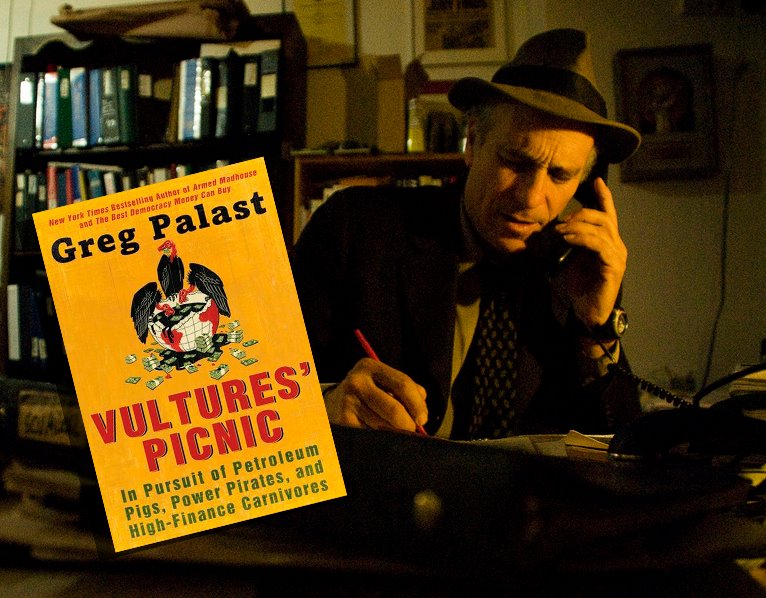(For a free copy of the investigative report--in comic book form, Steal Back Your Vote, click here.)
Civil rights groups sued, stating the obvious: that the Indiana law is racist in its operation, a violation of the Voting Rights Act. Black folk, the elderly, students, and poor whites--were all blocked from registering and voting. Federal Justice Terence Evans threw out the biased ID law, writing, "The Indiana voter photo ID law is a not-too-thinly veiled attempt to discourage election-day turnout by certain folks believed to skew Democratic."
But Indiana argued before the Supreme Court that anyone could get an ID--they just had to get a non-driver ID from a county office.
Experts pointed out that the average poor person in Indiana -- a poor person likely to be Black-- lived an average 17 miles from a county seat.
That's when Justice Scalia rode, recklessly, to Indiana's rescue. Scalia chortled that "Seventeen miles is seventeen miles for the rich and the poor," Black or white . How cute. How droll, Mr. Justice. And it's true, at 65 miles per hour, 17 miles is just a 15 minute cruise, whether your BMW is black or white.
But the experts I spoke with told me they calculated that travel required two bus rides, cost a day of work, and included fees that amount to a poll tax. In the non-BMW world, 17 miles is just another long, obstacle-choked road to the ballot for voters of color.
All week I've heard Scalia praised as an "originalist," that is, sticking with the intent of the writers of the Constitution. Really? The right to vote without regard to race, the 15th Amendment, grew from the ground watered by the blood of Abraham Lincoln's warriors.
Was it the original intent of these words to enable the creation of new Jim Crow obstacles to citizen rights?
(Note: You can view every article as one long page if you sign up as an Advocate Member, or higher).





